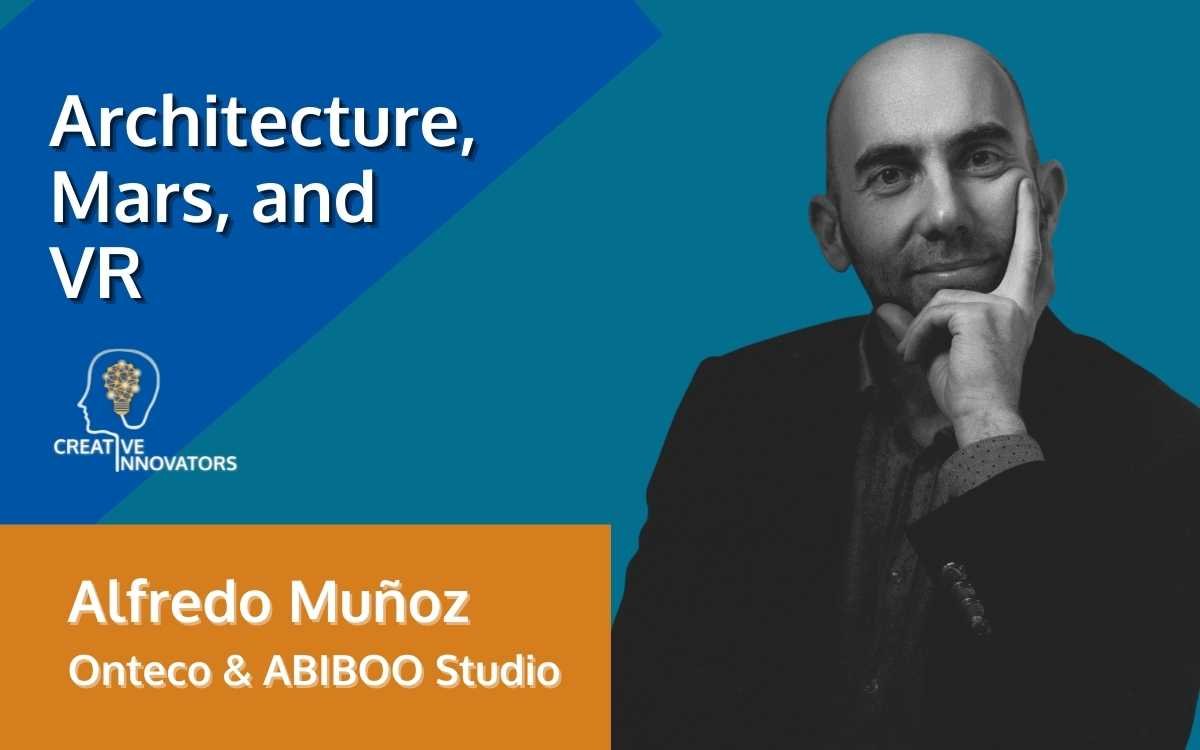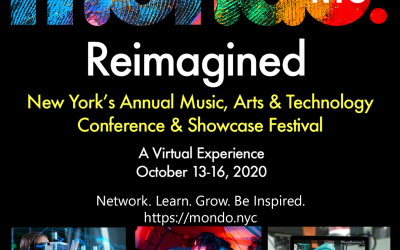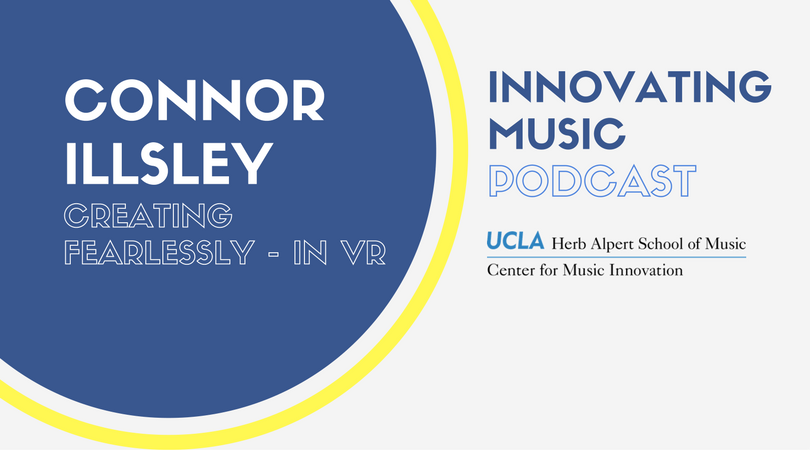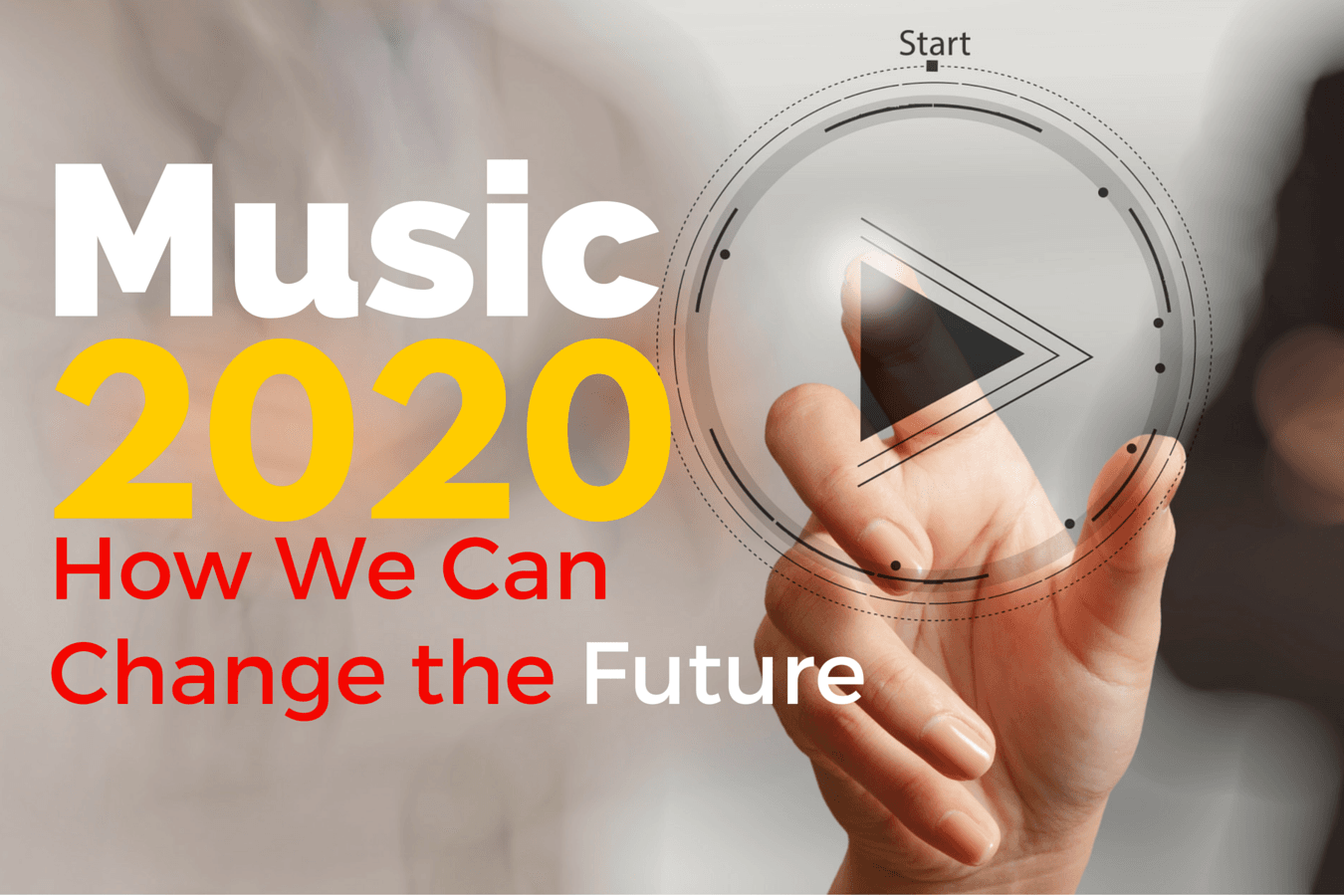
Questions: How do we design for extreme conditions and resource challenges? Is that for Mars or Earth?
Guest: Alfredo Muñoz, Architect; Founder; Onteco; Founder, ABIBOO Studio; Chair for Memberships of the Technical Committee of Space Architecture at the American Institute of Aeronautics and Astronautics
Digital twins? Space architecture? Alfredo Munoz combines astrophysics and architecture to let us pilot new ways of building in VR on Earth . . . as practice for Mars . . . to improve how we live on Earth. He’ll share elements of a digital twin of a compound in Mars that you can engage with here on Earth to try out better ways of working, living, and creating. He also shares his own journey through innovative architecture and bringing those skills and insights to connect with space architecture and collaborative virtual reality.
Bio
Alfredo Muñoz is the founder of Onteco and ABIBOO Studio. He is also the Chair for Memberships of the Technical Committee of Space Architecture at the American Institute of Aeronautics and Astronautics.
Mr. Muñoz has been considered the youngest among the most influential Spanish Architects and the youngest European Leaders (EYL40).
His clients range from Fortune Global 500 conglomerates to governments to private high-net-worth individuals on five continents.
Alfredo has been teaching and speaking at elite Universities, and his work has been featured in media outlets across the world.
He holds a Master’s in Architecture from the Polytechnic University of Madrid and a Master’s of Advanced Studies in Architecture from BarcelonaTech.
Mentioned Links:
- LinkedIn: https://www.linkedin.com/in/alfredo-munoz/
- Twitter: https://twitter.com/AbibooArchs
- Facebook: https://www.facebook.com/ABIBOOStudio/
- ABIBOO YouTube: https://www.youtube.com/channel/UCAKg_w7V0PquCiyCCO8mdvA
- Onteco https://onteco.com/
- ABIBOO – https://abiboo.com/
- Mars Society and the Mars Desert Research Station – MDRS – https://mdrs.marssociety.org/
- Nüwa City: https://abiboo.com/projects/nuwa/ – https://vimeo.com/468344643
- Space Analogs in Israel – D-Mars 2021 – AMADEE-20 Mars simulation, led by the Israel Space Agency and the Austrian Space Forum,https://www.israel21c.org/astronauts-carry-out-space-mission-in-israeli-desert/
- NASA Analogs – https://www.nasa.gov/pdf/563511main_NASA-Analog-Missions-06-2011_508.pdf
- Friends of Europe / EU – 40 People Below 40 – https://www.friendsofeurope.org/insights/read-all-about-it-the-names-of-the-eyl40-class-of-2019-are-finally-out/
- Dr. Guillem Anglada-Escude and Proxima B – https://www.alphr.com/space/1004184/proxima-b-scientists-discover-a-new-earth-20-just-four-light-years-away/
- Oxford Union Debate – https://www.youtube.com/watch?v=_wAP0mVpPlw





